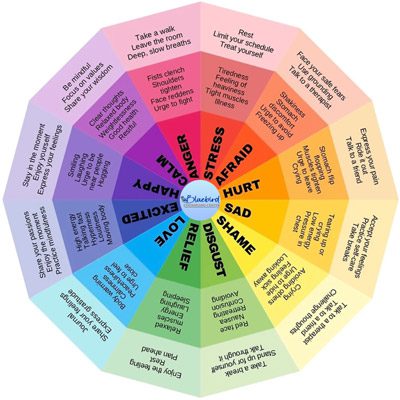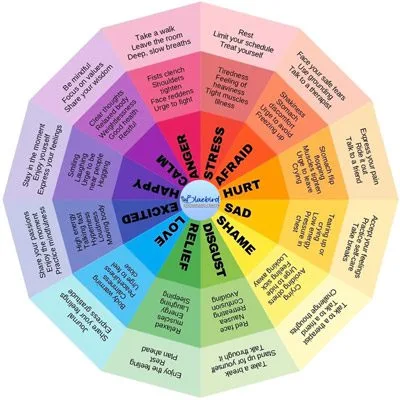
Discovering Your Unique Coping Strategies: Embrace What Works for You
Navigating life’s challenges can be overwhelming, and finding effective coping strategies is essential for managing stress and emotions. However, it’s important to recognize that everyone is different—what works for one person might not resonate with another, and that’s perfectly okay! In this blog post, let’s explore the significance of identifying your unique coping strategies and how they can be valuable tools in your mental wellness journey.
The Importance of Finding What Works for You
- Personalization is Key: Each individual experiences and responds to stress differently. Discovering coping strategies that align with your personality, preferences, and lifestyle can lead to more effective emotional management. It’s important to embrace the notion that what helps you feel calmer and more grounded might not be the same for someone else.
- Beyond Traditional Techniques: When we think about coping strategies, common methods like mindfulness, deep breathing, and exercise often come to mind. While these techniques can be beneficial, they may sometimes feel overwhelming, especially if they don’t resonate with you or are not accessible in the moment. This is where the beauty of personalization comes into play—remember that ANYTHING can be a coping strategy!
- Embrace Simple Solutions: Effective coping strategies can be as straightforward as fidgeting with your hair or necklace, going for a walk, splashing water on your face, tapping your foot, or coloring a picture. If an activity helps you feel calmer, it counts! It’s all about finding those little actions that provide relief and comfort in the face of stress.
- Responding to Different Situations: Life is full of varying challenges, and different situations may call for different coping strategies. Being adaptable and open to trying new methods allows you to respond to stress in ways that feel effective for you. Flexibility is a valuable asset in managing emotional wellness.
- Practice Makes Perfect: It’s beneficial to practice your coping strategies when you’re not experiencing high levels of stress. This approach helps develop muscle memory, making it easier to implement these techniques when you are in distress. Additionally, consistently associating these activities with a calm mindset reinforces their effectiveness during difficult times.
Conclusion
Finding and embracing the coping strategies that resonate with you is a vital aspect of your mental wellness journey. Explore various activities, listen to your body and mind, and give yourself permission to discover what helps you find calm.
What are some of your favorite coping strategies? Let’s inspire each other on our paths to emotional resilience!
#BluebirdCounselingCenterLLC #Bluebirdcounselinglititz #therapy #counseling #lititz #coping #emotionalintelligence #CopingStrategies #MentalHealthMatters #PersonalizedWellness #FindWhatWorksForYou


